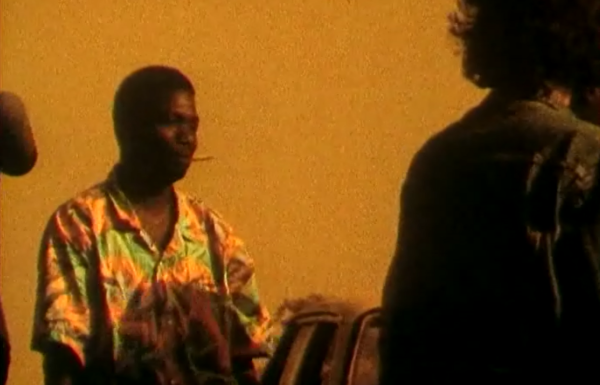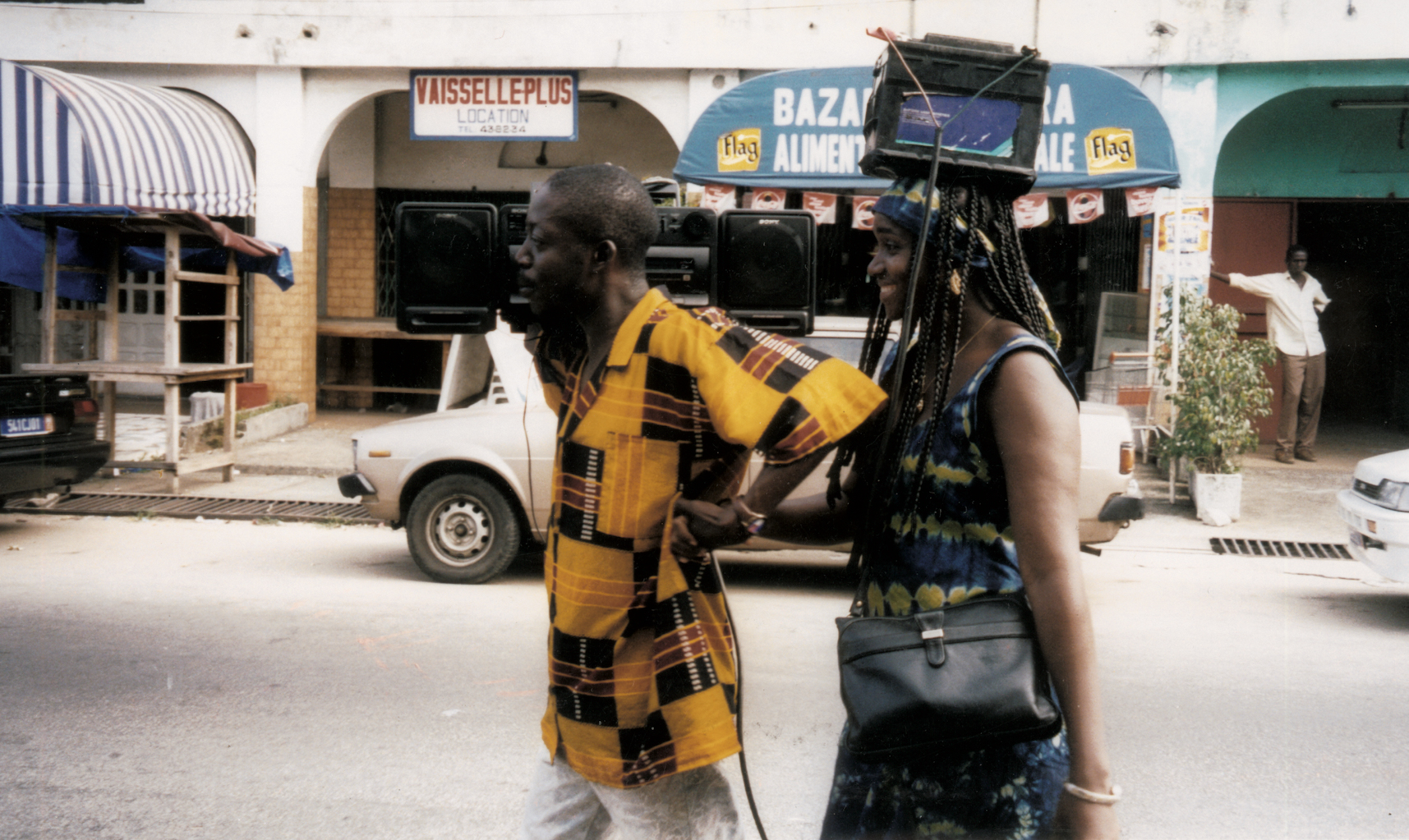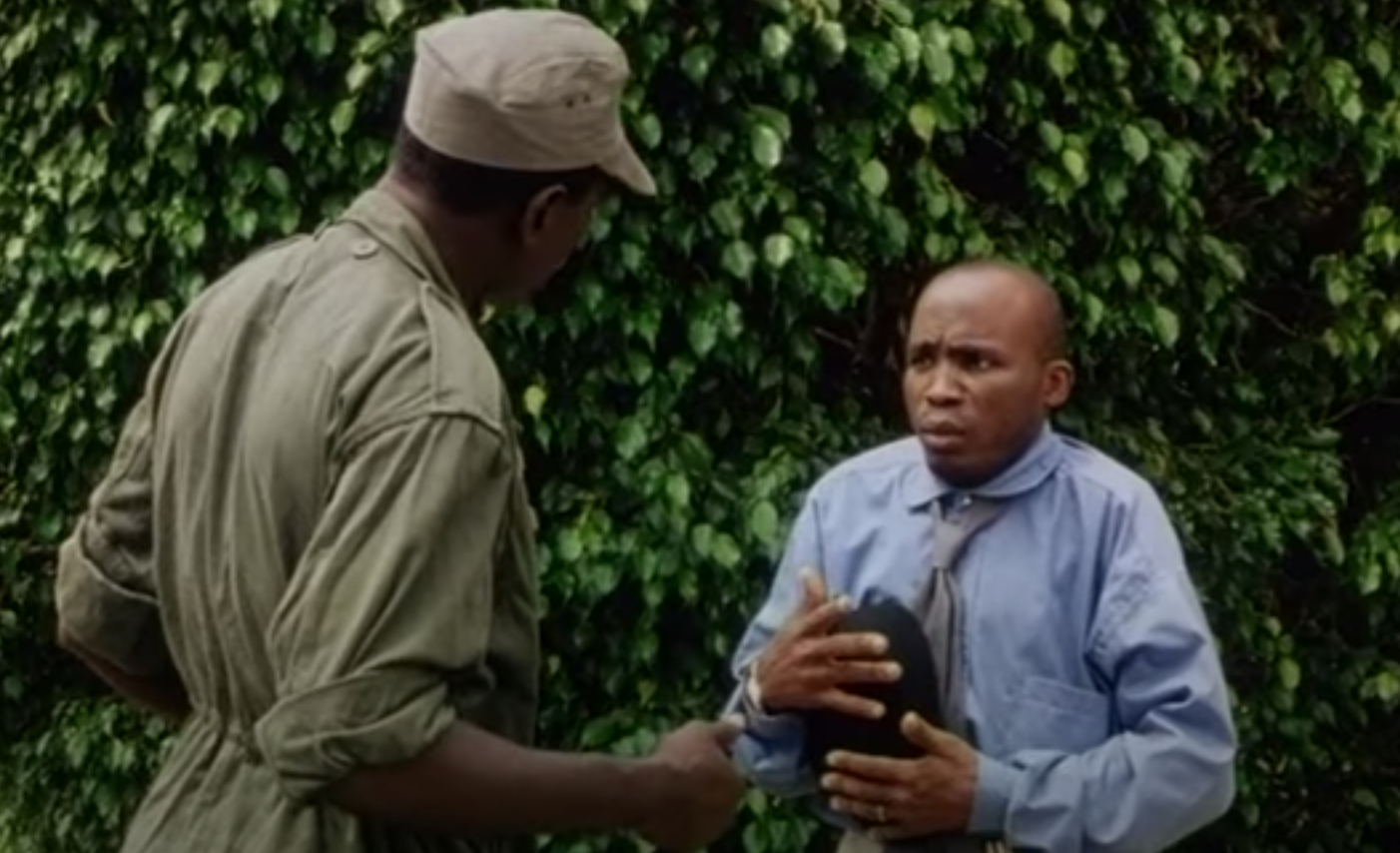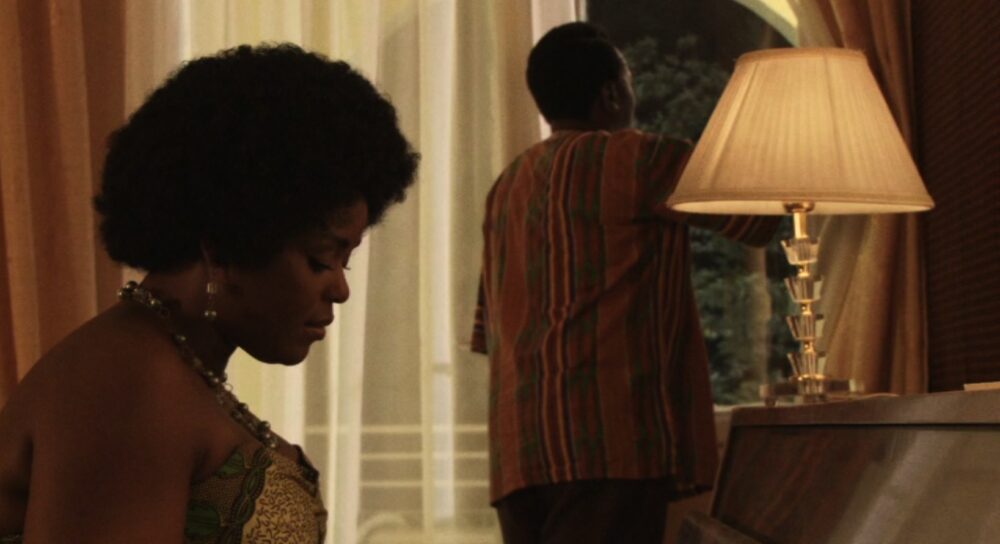
- This event has passed.
4 by Balufu Bakupa-Kanyinda
- This event has passed.
Event
Details
Congolese writer, poet, and filmmaker Balufu Bakupa-Kanyinda is one of African cinema’s most influential voices. With his multi-award-winning films, including Thomas Sankara, Le Baobab de Dagnoen, Le Damier, Papa National Oye!, and Juju Factory, he has set the stage for generations of filmmakers to create bold and honest work. In his words about tapping into his native language, Kasala, through his films, he says, "I sought to find a narrative structure which would be closer to my culture. This narrative structure is the thread in all of my films. 'Kasala' means 'feather,' a small feather. It is a symbol for everything that flies, for the bird which travels far away. But it is also a symbol of knowledge, as the feather is used for writing. Kasala is about knowing, and my work is about memory." The four short works included in this program further spiritedly and poetically present Bakupa-Kanyinda’s exploration of these ideas.
About Cinema Awujo!
Cinema Awujo is our online streaming platform. You can watch the film screening on this page during the dates and times of the event. Learn More
Films

10,000 Years of Cinema / Dix mille ans de cinéma
Balufu Bakupa-Kanyinda
/ Burkina Faso and Democratic Republic of the Congo / 1991
/ 13mins
This documentary offers the reflections of filmmakers shot at FESPACO 1991.

Watt
Balufu Bakupa-Kanyinda
/ Democratic Republic of the Congo / 1999
/ 19mins
Blasty and Céli love each other, but Blasty has another love: his stereo radio set.

Article 15A / Article 15bis
Balufu Bakupa-Kanyinda
/ Democratic Republic of the Congo / 2000
/ 15mins
In this contemporary fable, three security guards reveal their lowly nature while talking leisurely in the midday heat about public service, corruption, and back pay.

We Too Walked on the Moon
Balufu Bakupa-Kanyinda
/ Democratic Republic of the Congo and Algeria / 2009
/ 16mins
This film uses the 1969 American Apollo 11 mission that landed a man on the moon as the year and the backdrop for an interesting glimpse at middle class Congolese lives—that of a teacher, a doctor and an artist.

